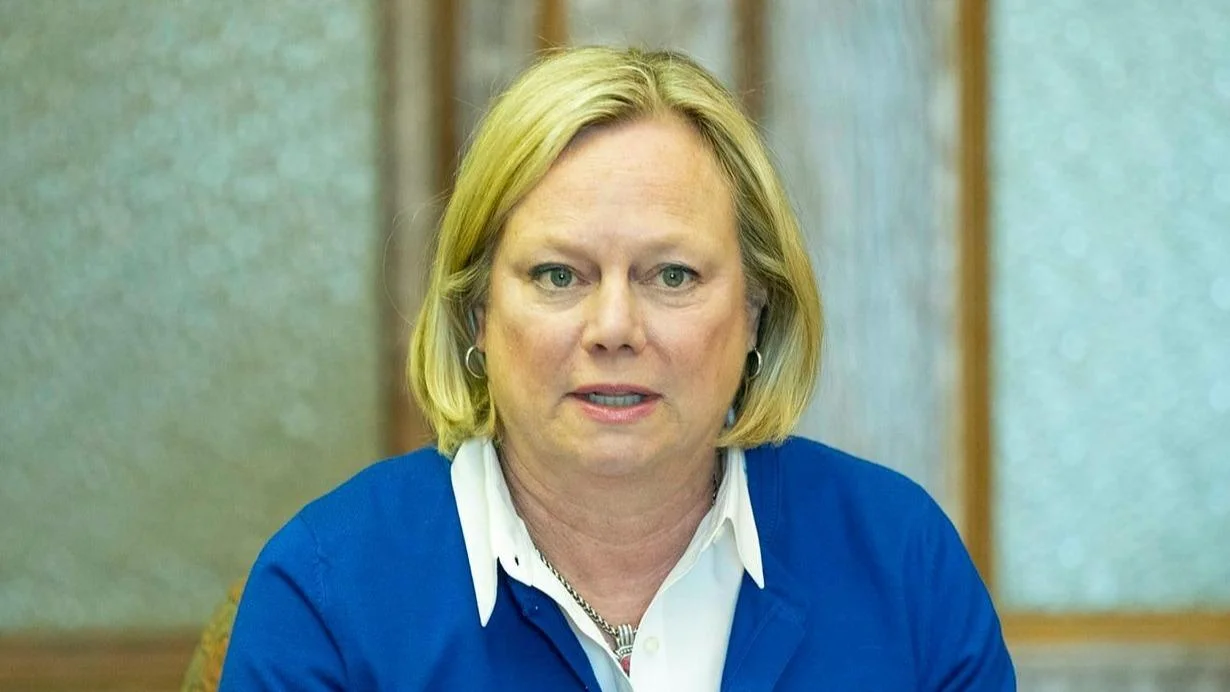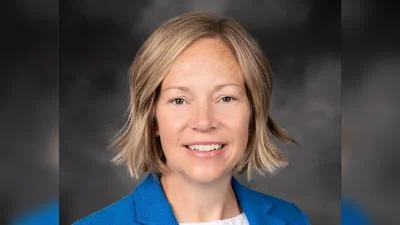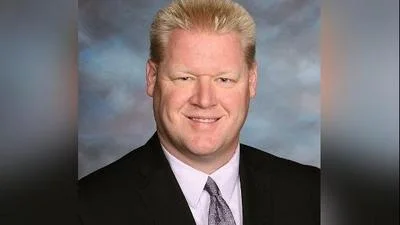Cindi Duchow, Wisconsin State Representative for 97th District | https://www.facebook.com
Cindi Duchow, Wisconsin State Representative for 97th District | https://www.facebook.com
According to the Wisconsin State Legislature's official website, the bill was described as follows: "participation in interscholastic athletics and application of the public records and open meetings laws to interscholastic athletic associations".
The following is our breakdown, based on the actual bill text, and may include interpretation to clarify its provisions.
In essence, this bill mandates that school districts may only be members of interscholastic athletic associations if those associations choose to be governed by the state's public records and open meetings laws. These associations, which can be either nonprofits or nonstock nonprofit corporations, organize athletic events for public school students in grades nine through 12. The bill introduces exceptions for records concerning individual referees and pupils, which the associations can withhold. Additionally, it amends current statutes to redefine authorities and governmental bodies to include interscholastic athletic associations that opt-in to these regulations.
The bill was co-authored by Senator Cory Tomczyk (Republican-29th District), Representative Calvin T. Callahan (Republican-35th District), Representative Barbara Dittrich (Republican-99th District), Representative Daniel Knodl (Republican-24th District), Representative Rob Kreibich (Republican-28th District). It was co-sponsored by Senator Steve L. Nass (Republican-11th District), along four other co-sponsors.
Cindi Duchow has co-authored or authored another nine bills since the beginning of the 2025 session, with none of them being enacted.
Duchow graduated from the University of Wisconsin.
Duchow, a Republican, was elected to the Wisconsin State Assembly in 2025 to represent the state's 97th Assembly district, replacing previous state representative Scott Allen.
In Wisconsin, the legislative process starts when a senator, constituent, group, or agency proposes an idea for a bill. After drafting, the bill is introduced, numbered, and referred to a committee for review and public input. If approved, it moves through three readings and votes in both the Senate and Assembly. Once both chambers pass the same version, the bill goes to the governor, who can sign it, veto it, or let it become law without a signature. Only a small share of bills introduced each session ultimately become law. You can learn more about the Wisconsin legislative process here.
| Bill Number | Date Introduced | Short Description |
|---|---|---|
| AB51 | 02/20/2025 | Participation in interscholastic athletics and application of the public records and open meetings laws to interscholastic athletic associations |
| AB34 | 02/17/2025 | Court-issued criminal complaints in officer-involved deaths |
| AB8 | 02/06/2025 | Agreements for direct primary care |






 Alerts Sign-up
Alerts Sign-up